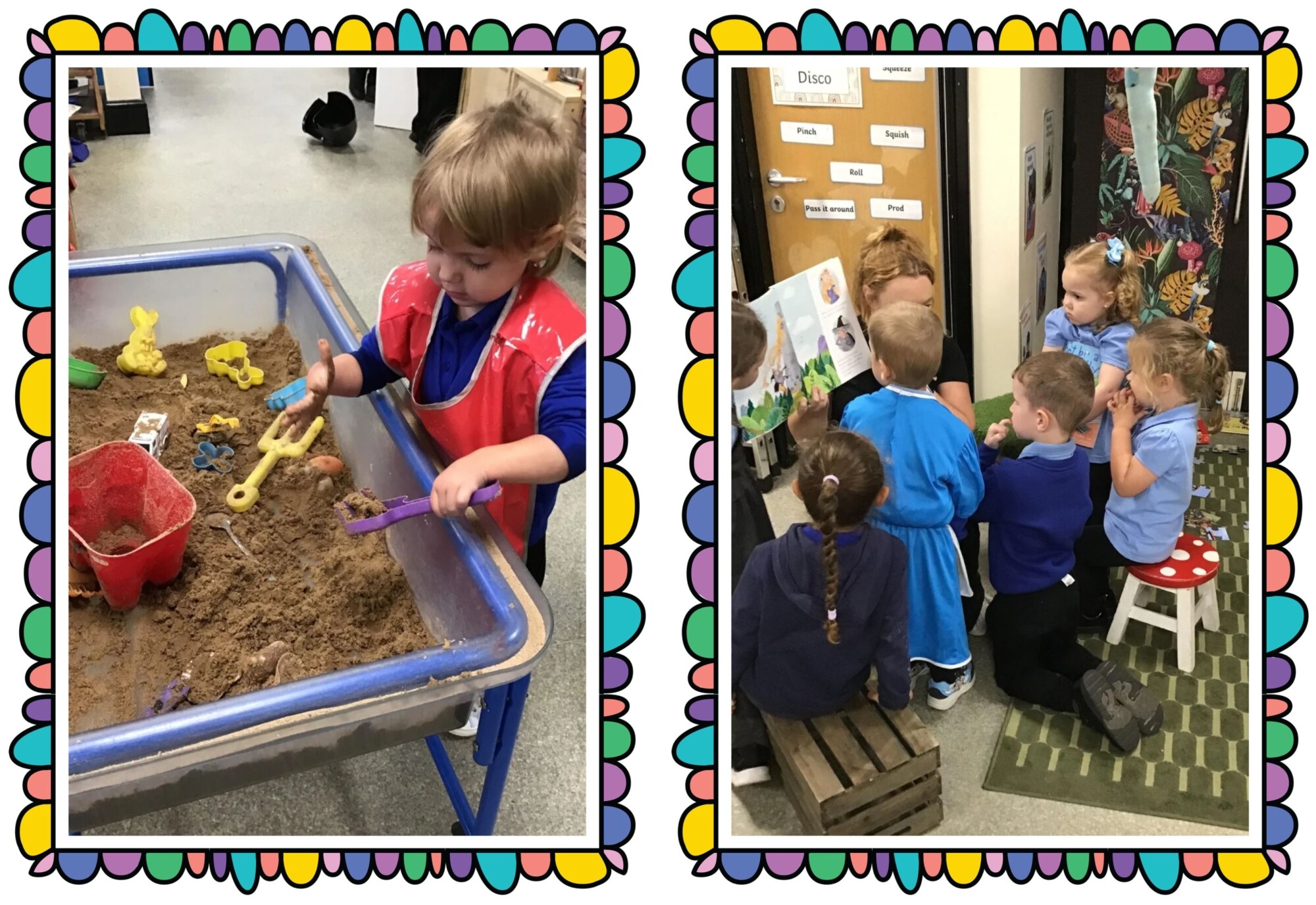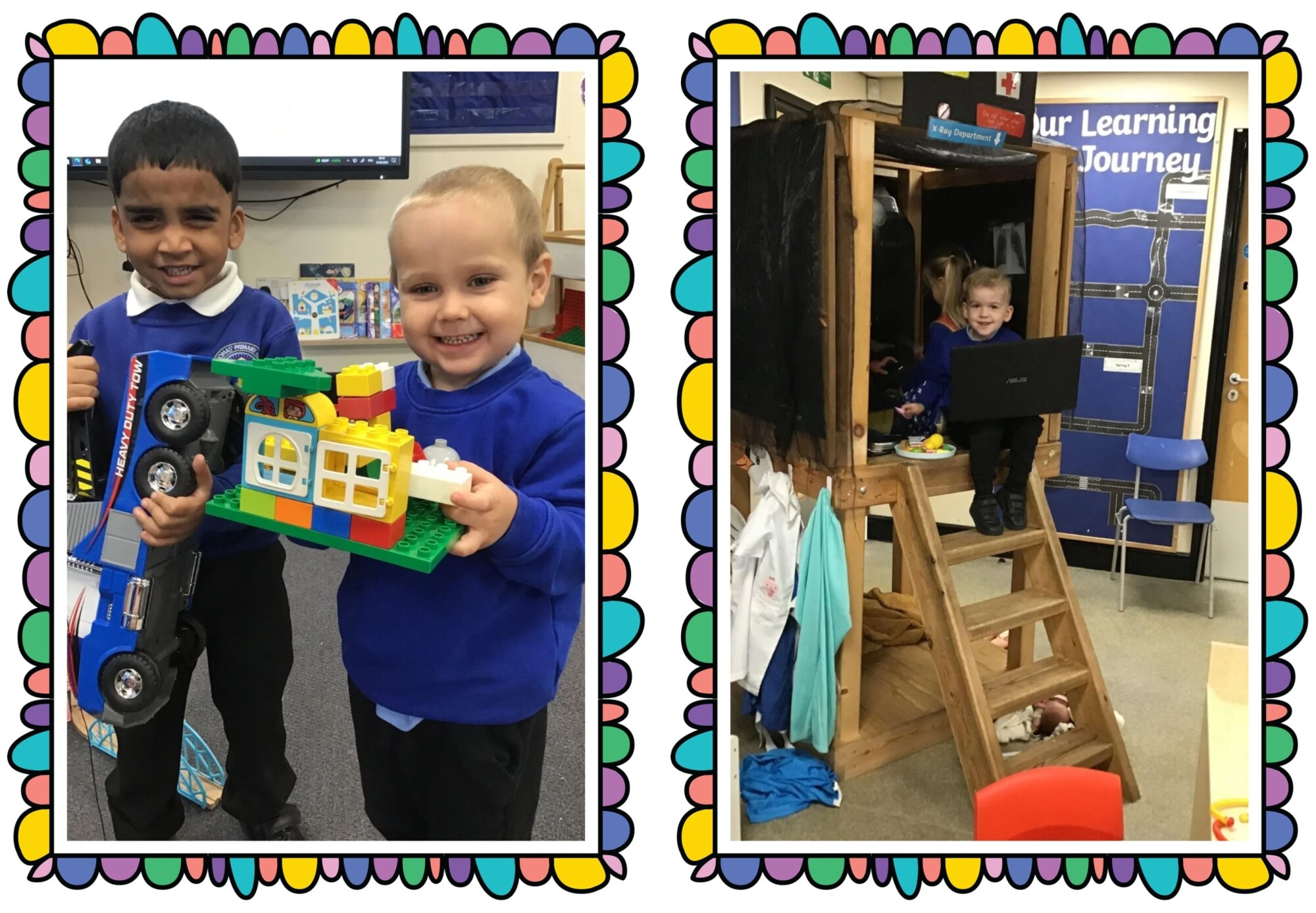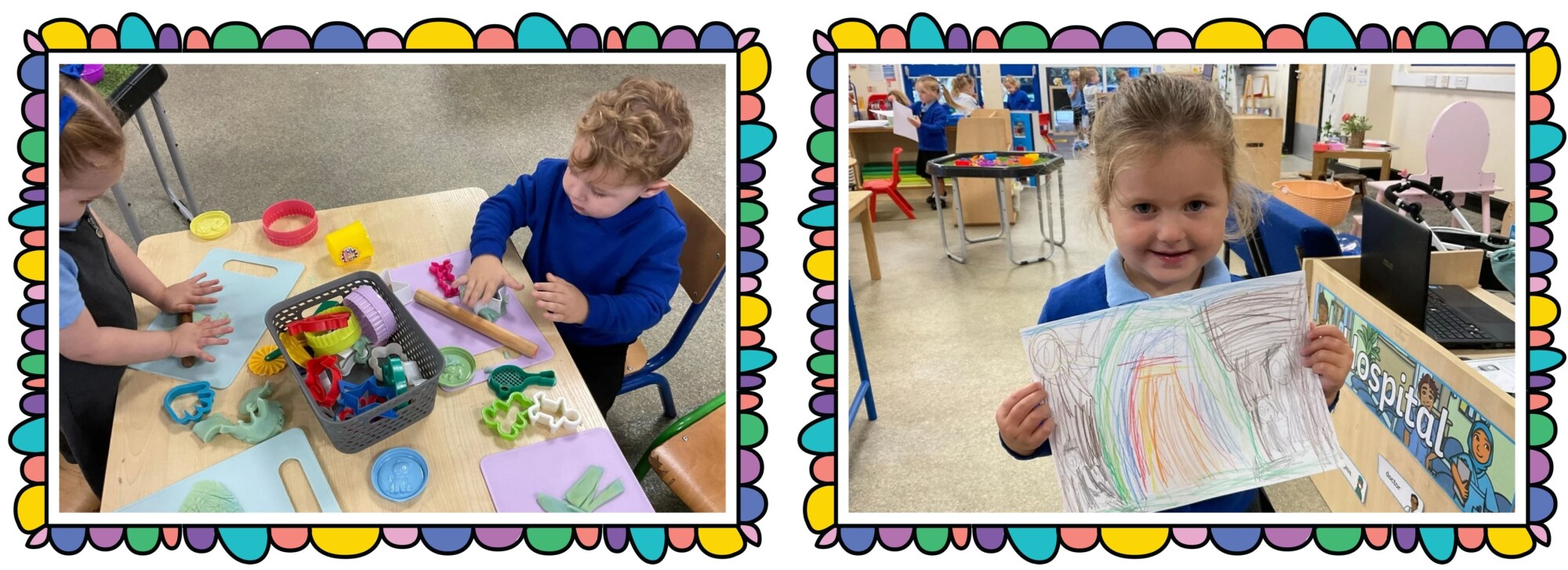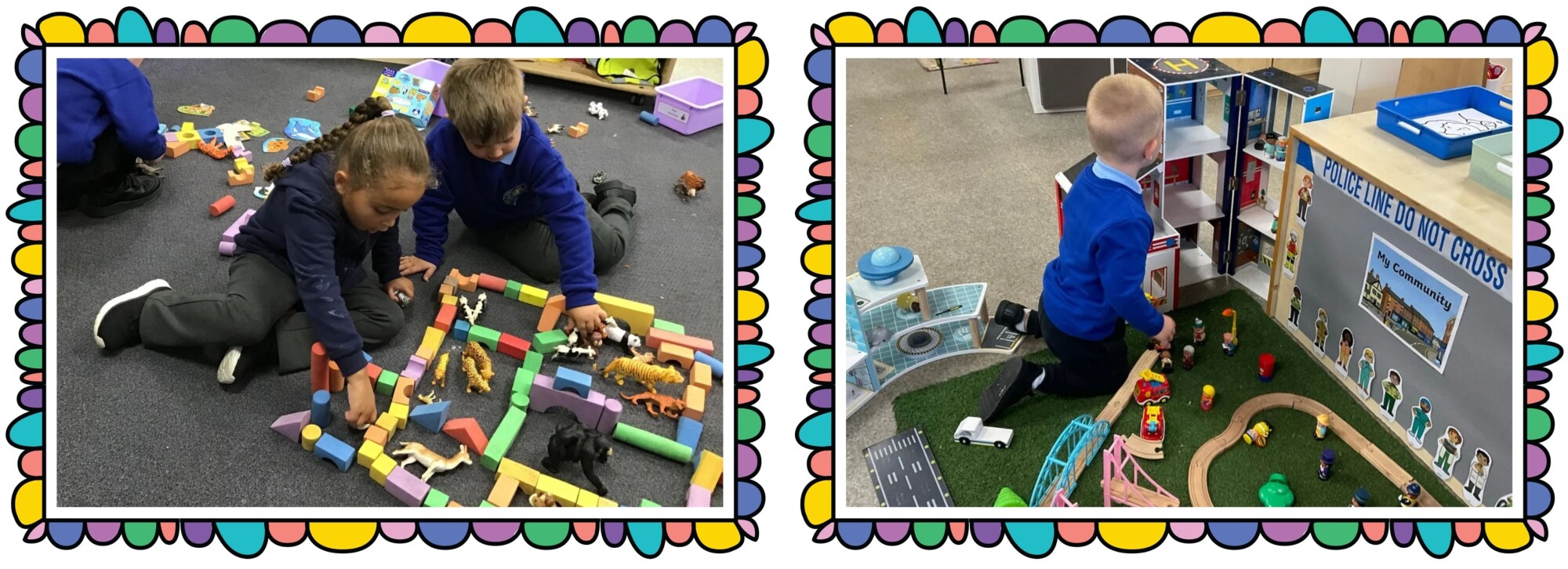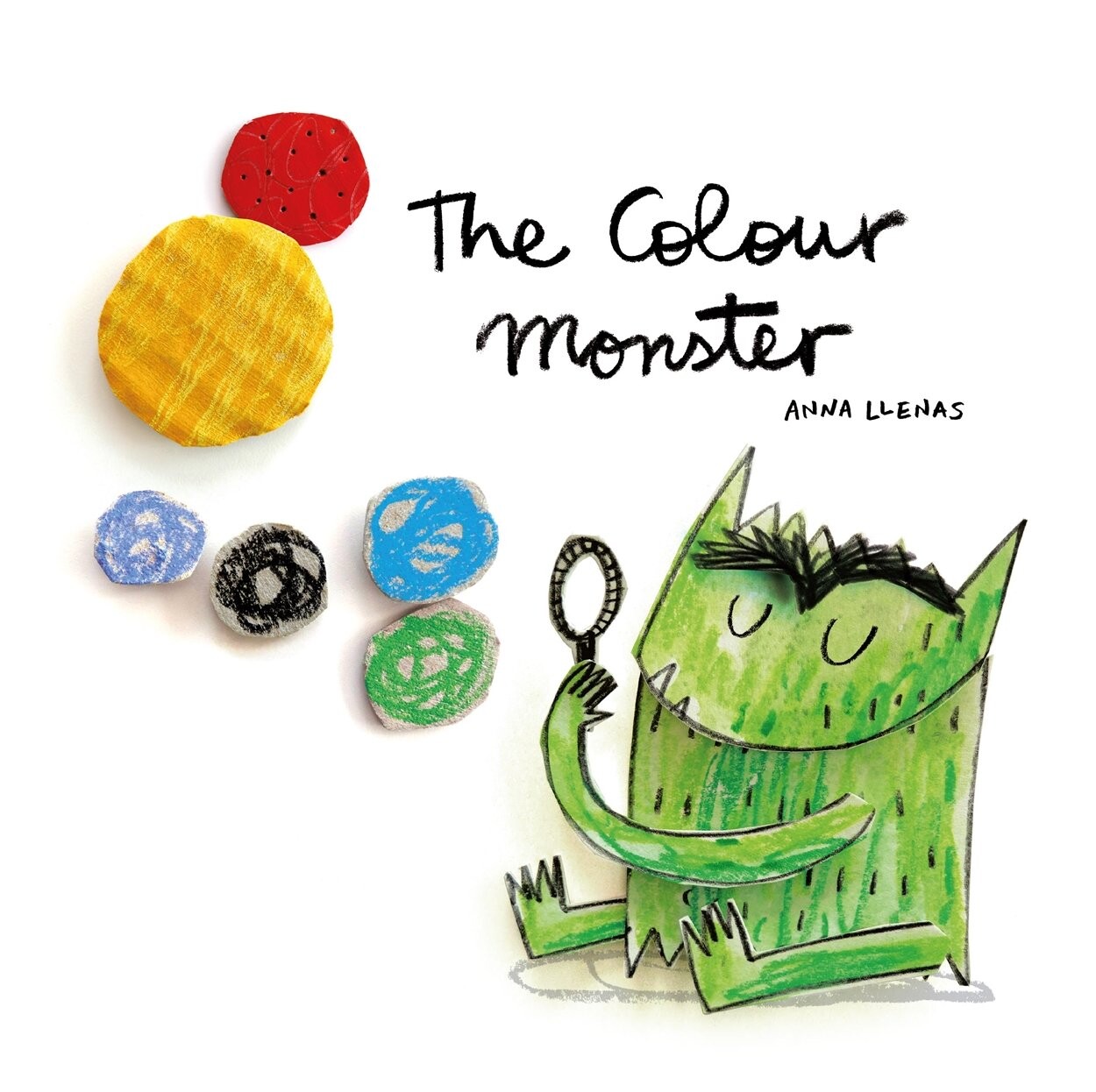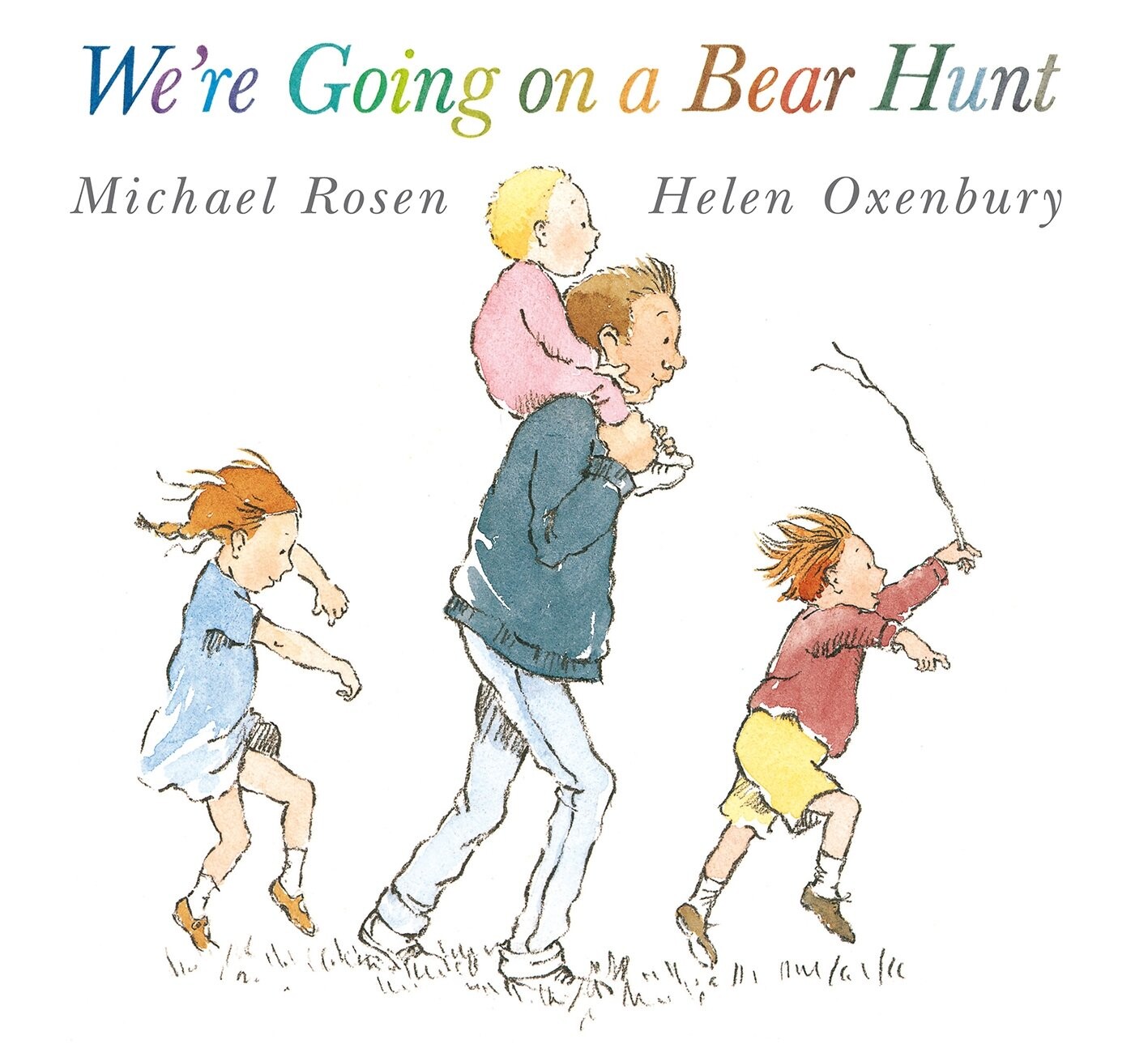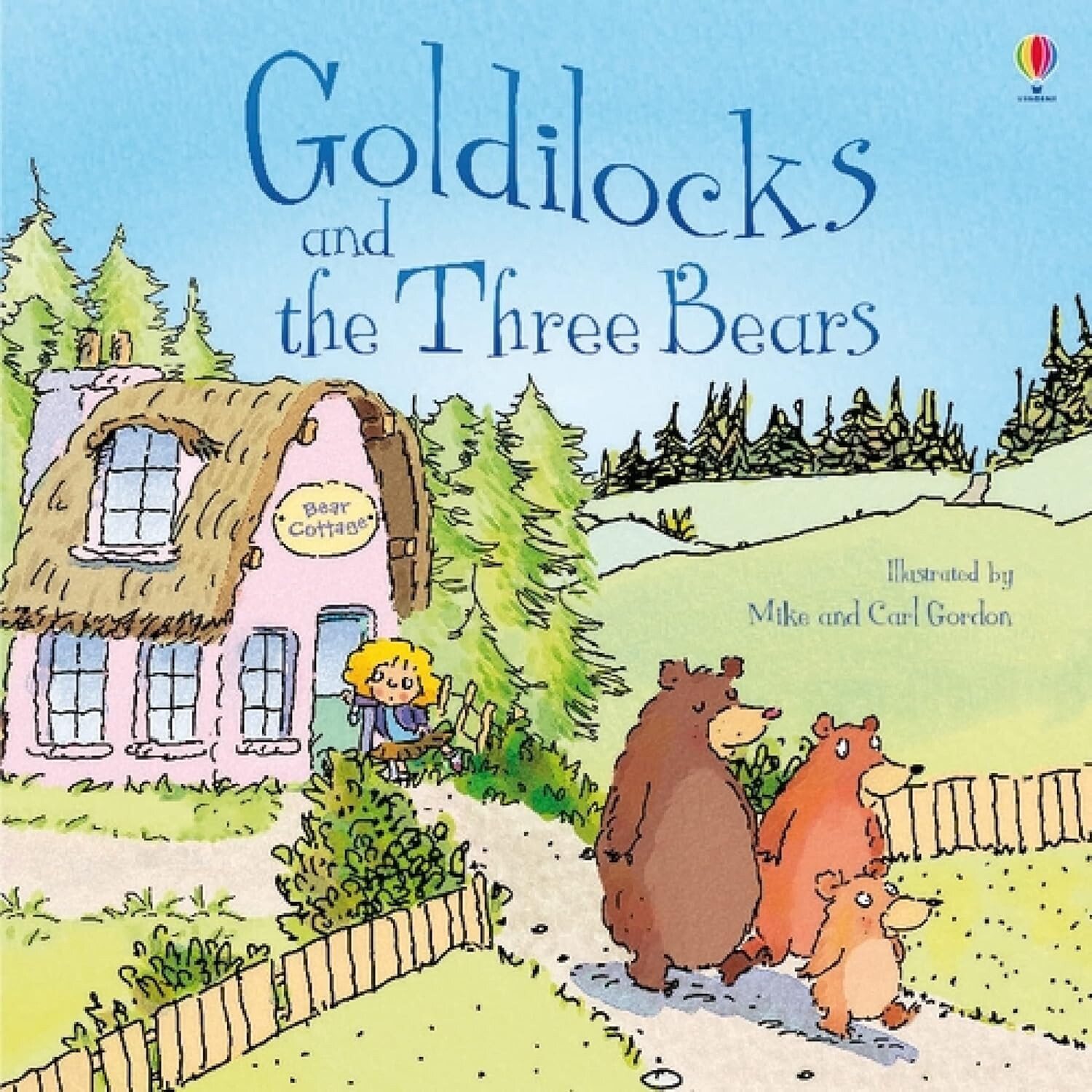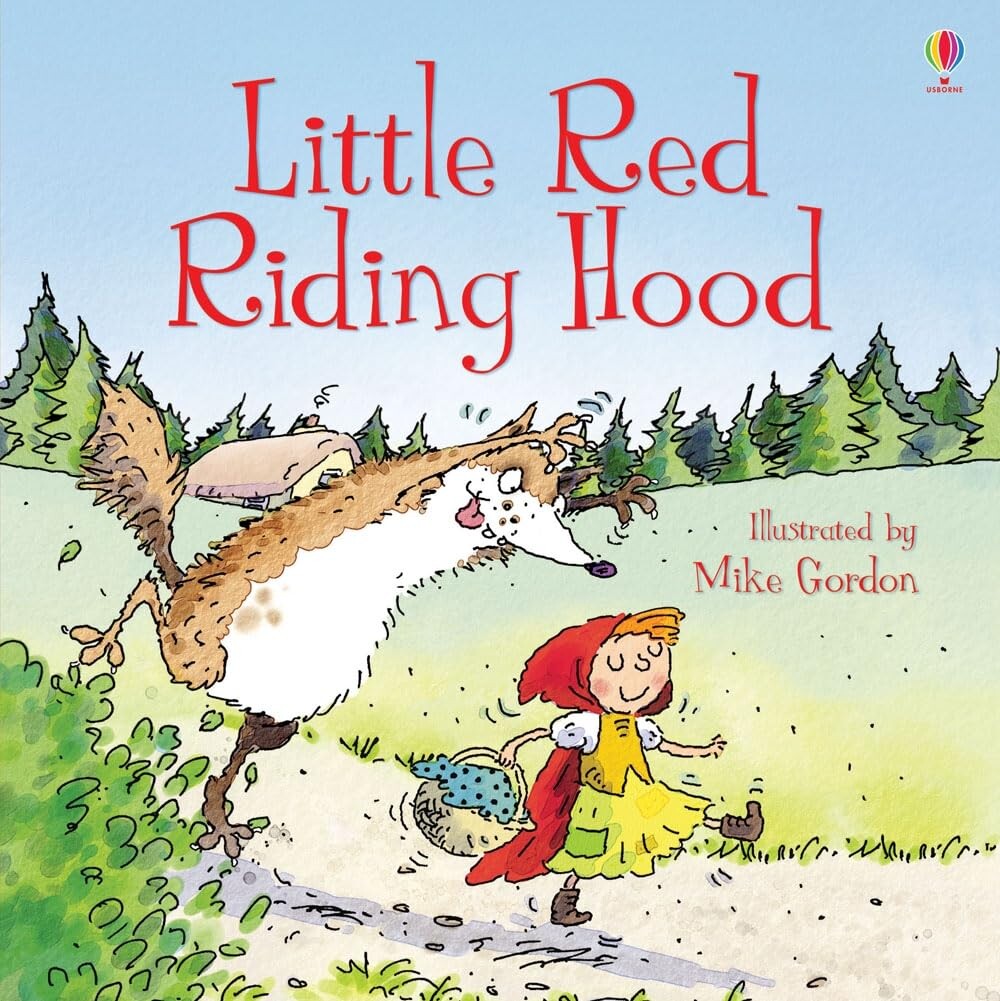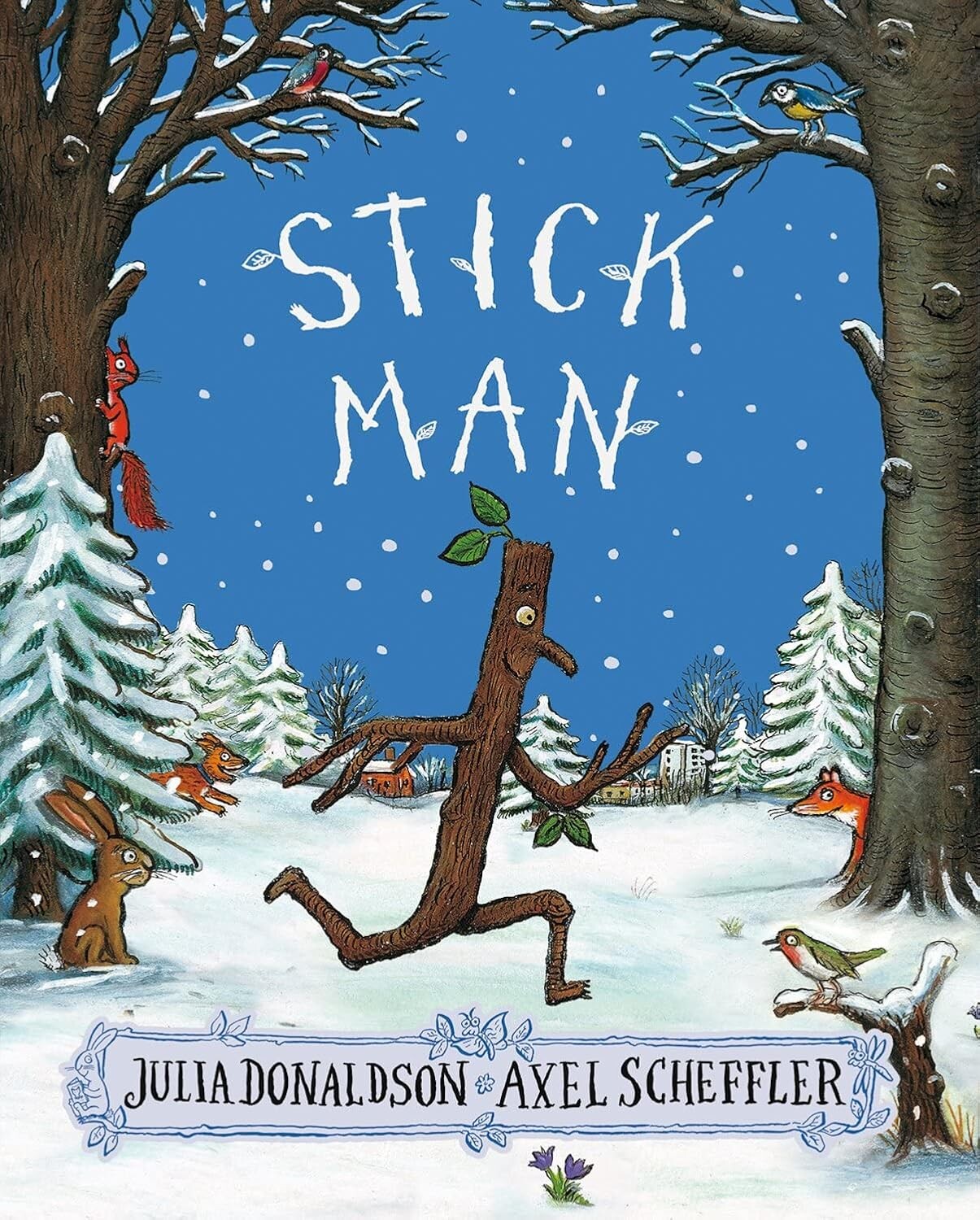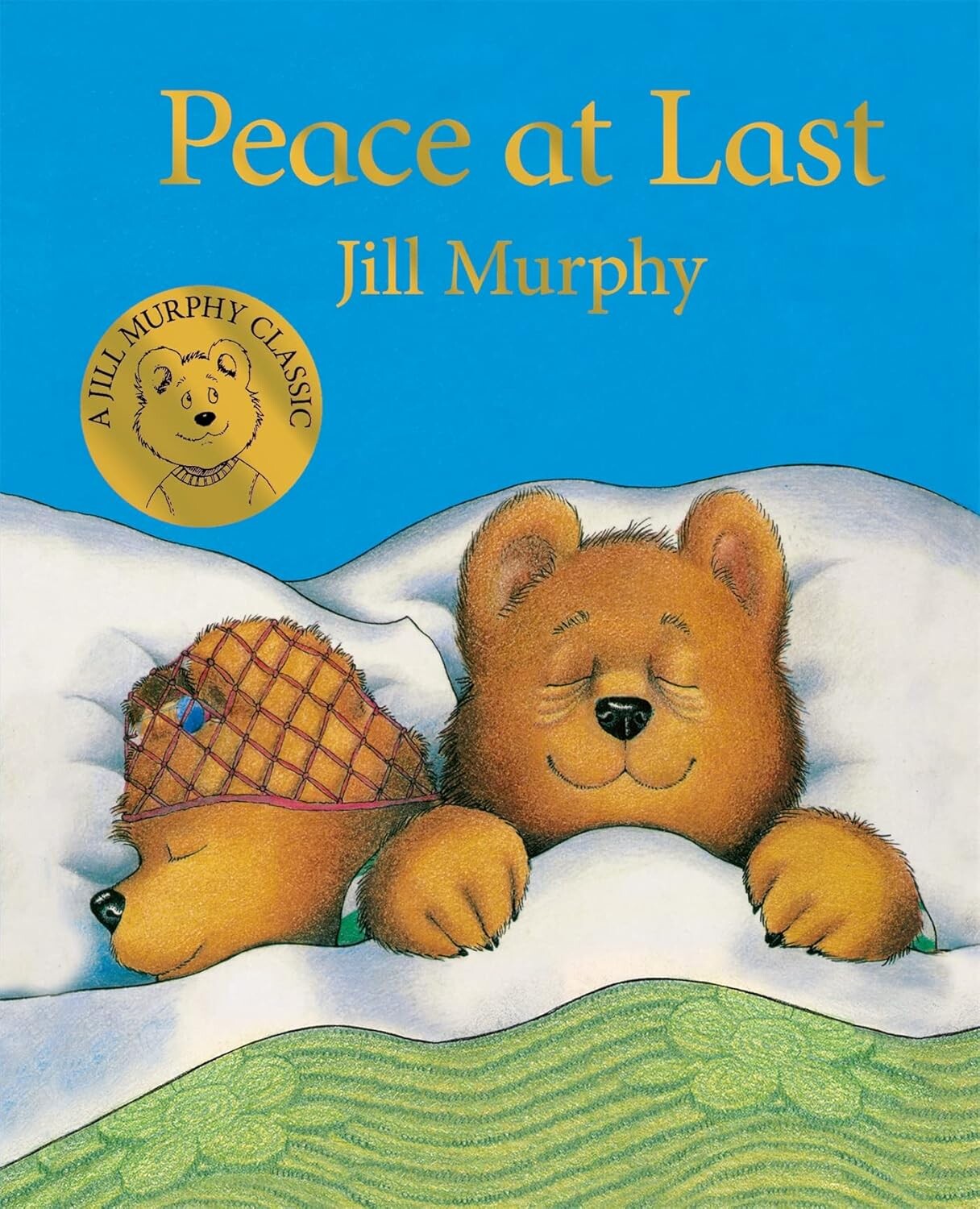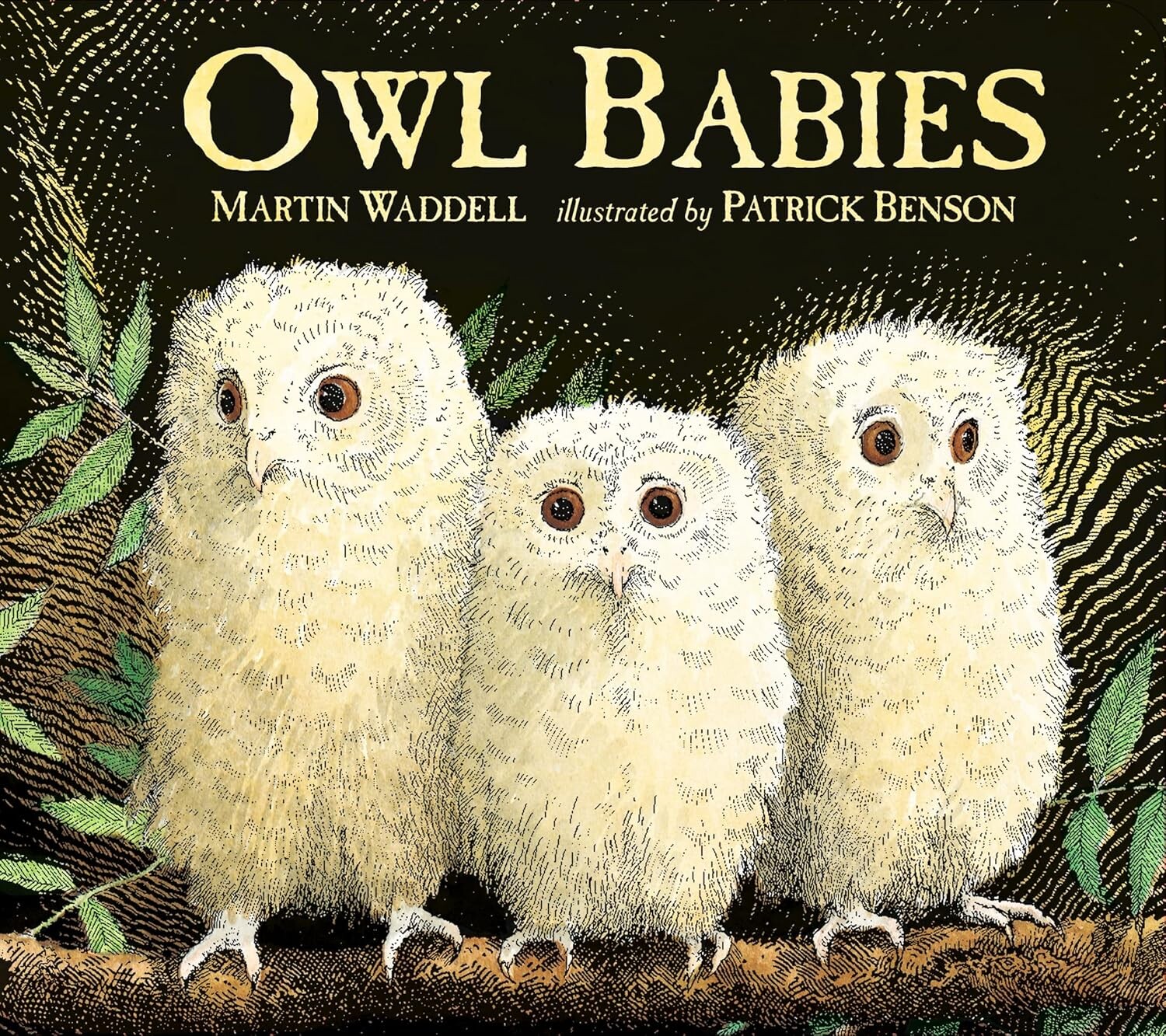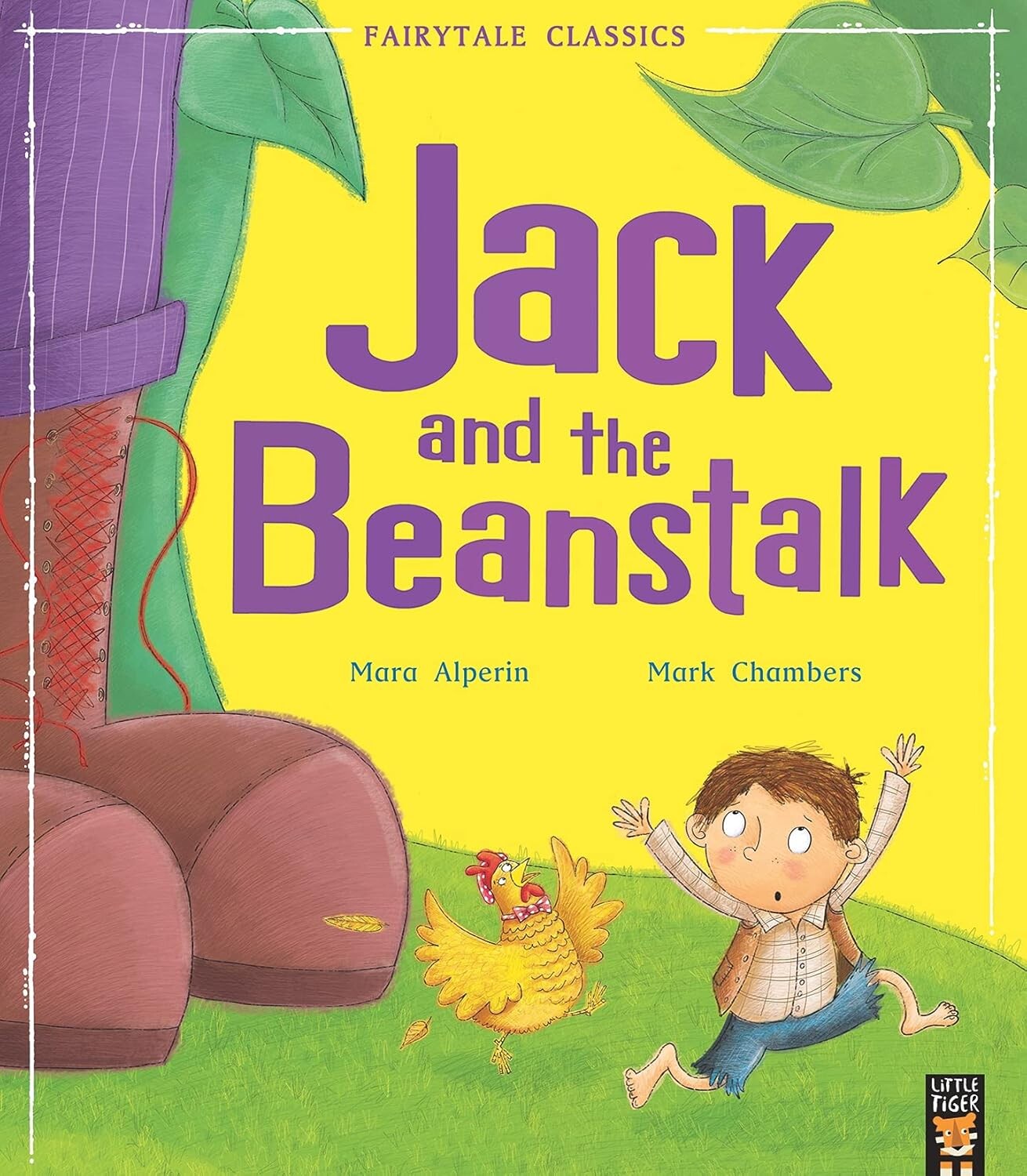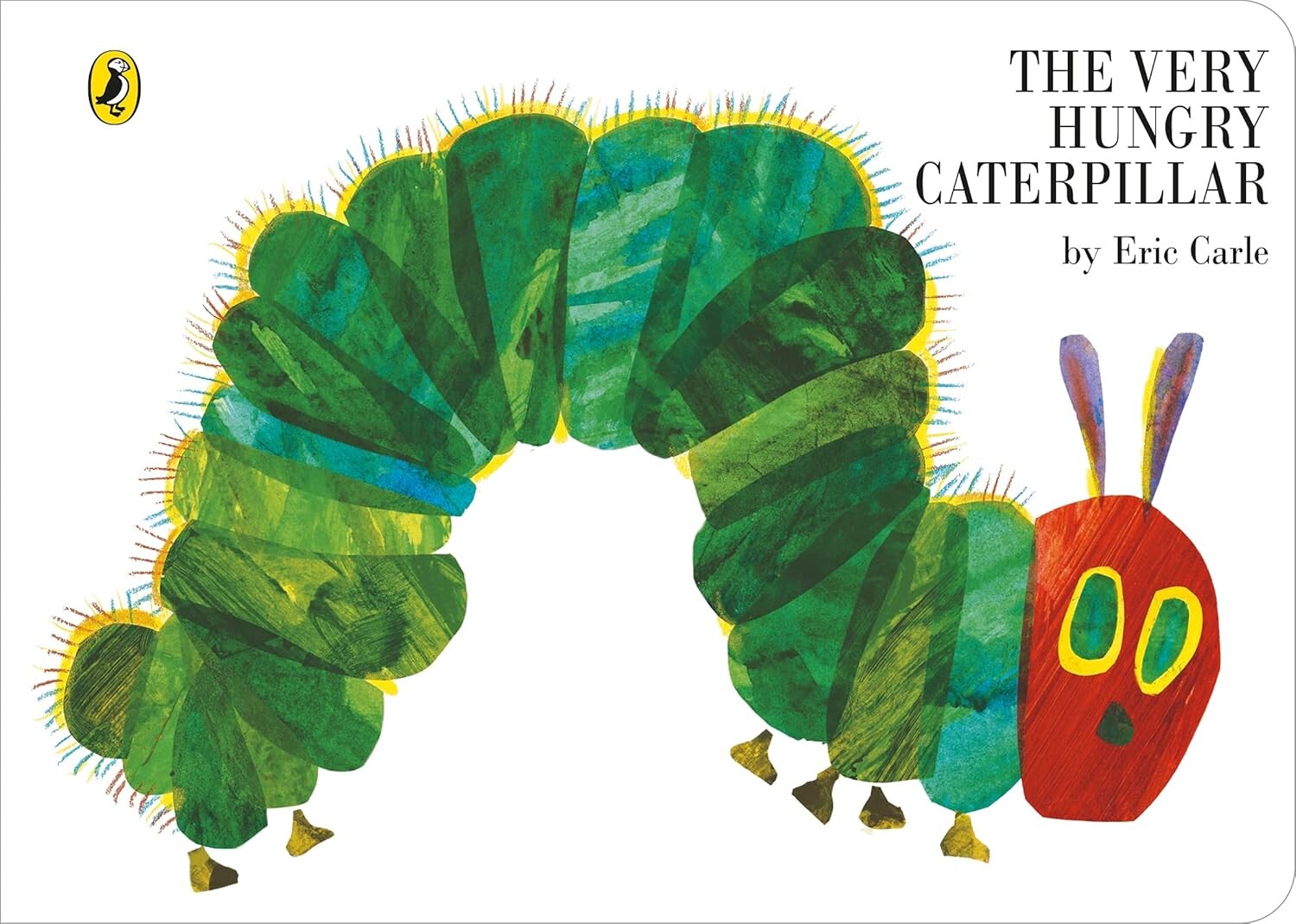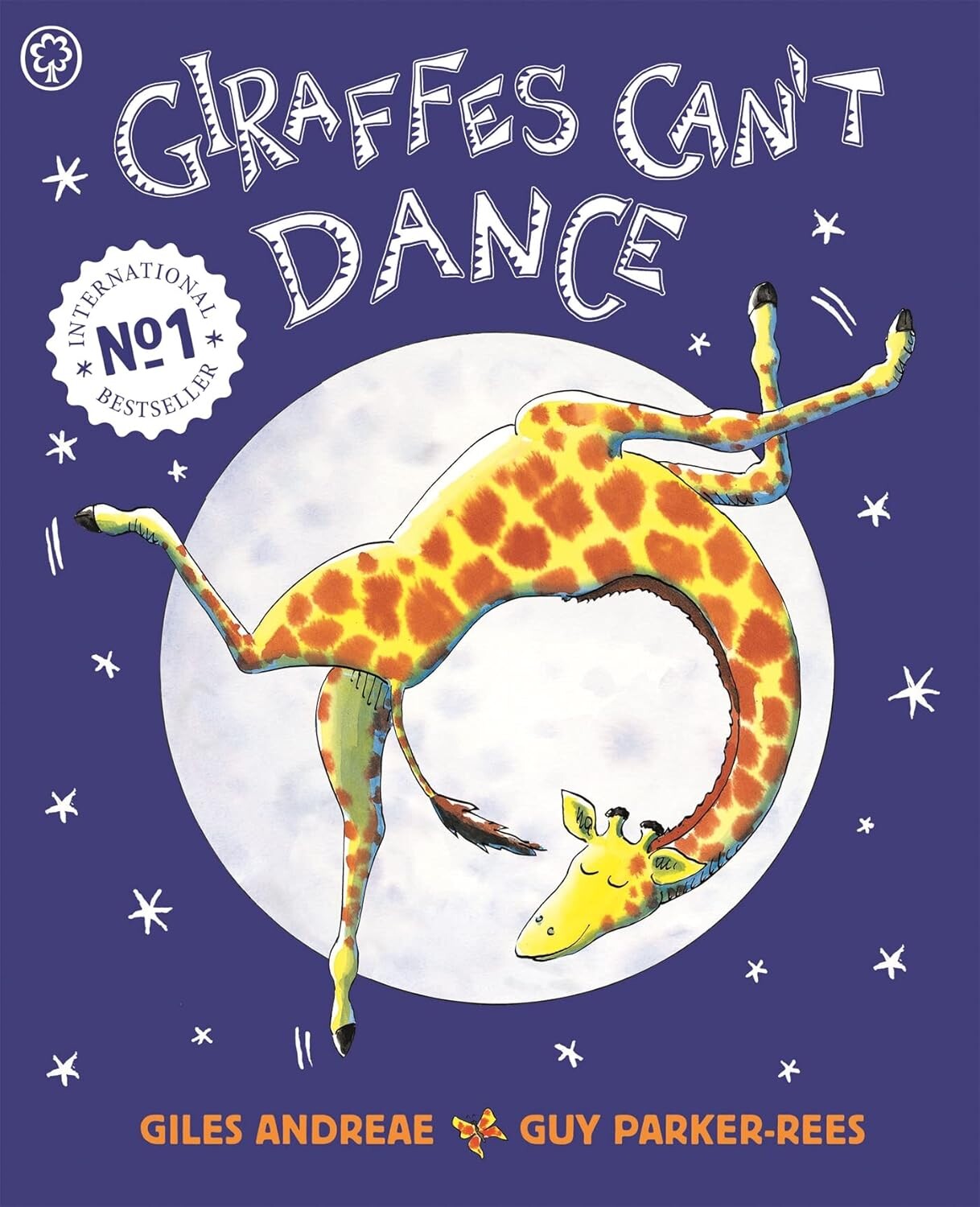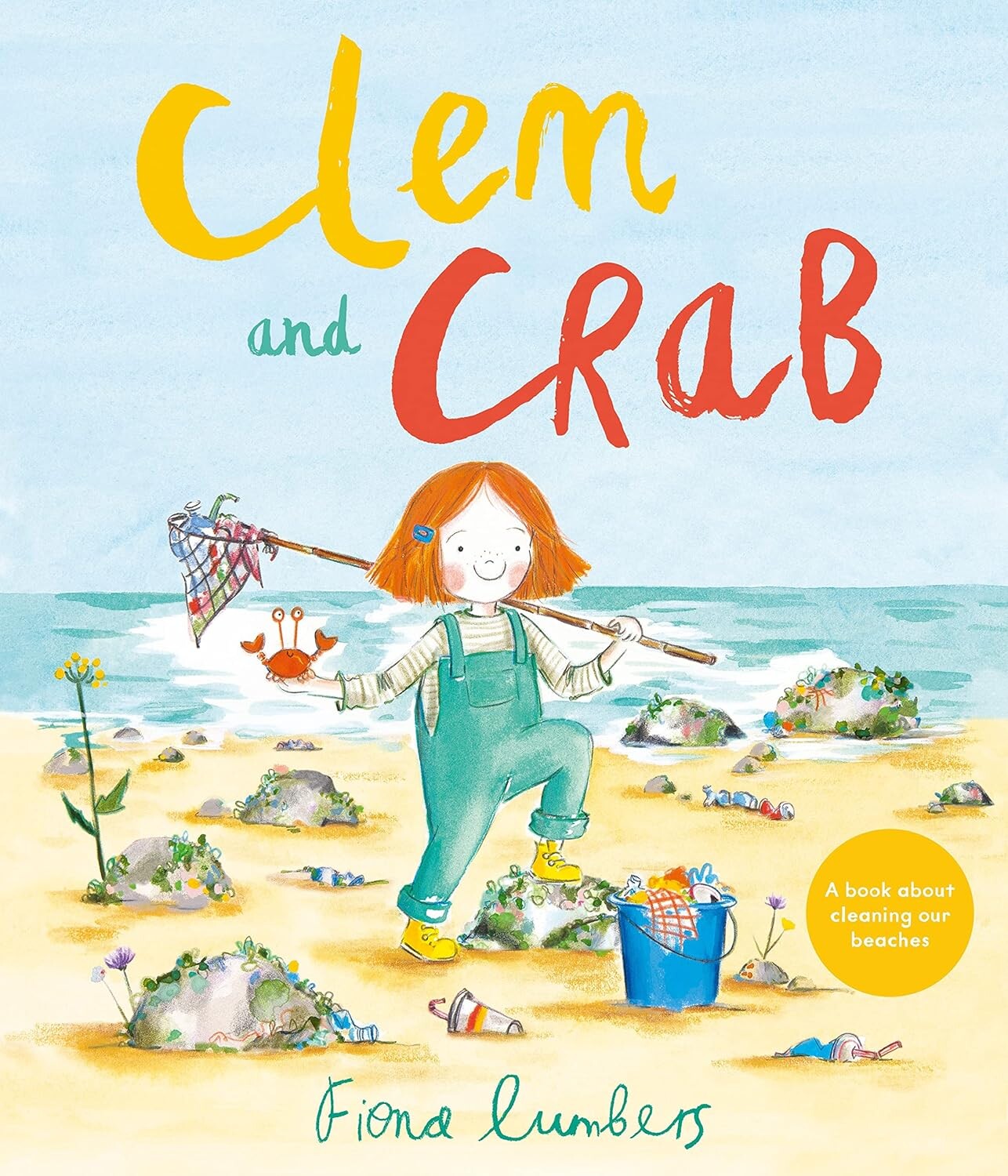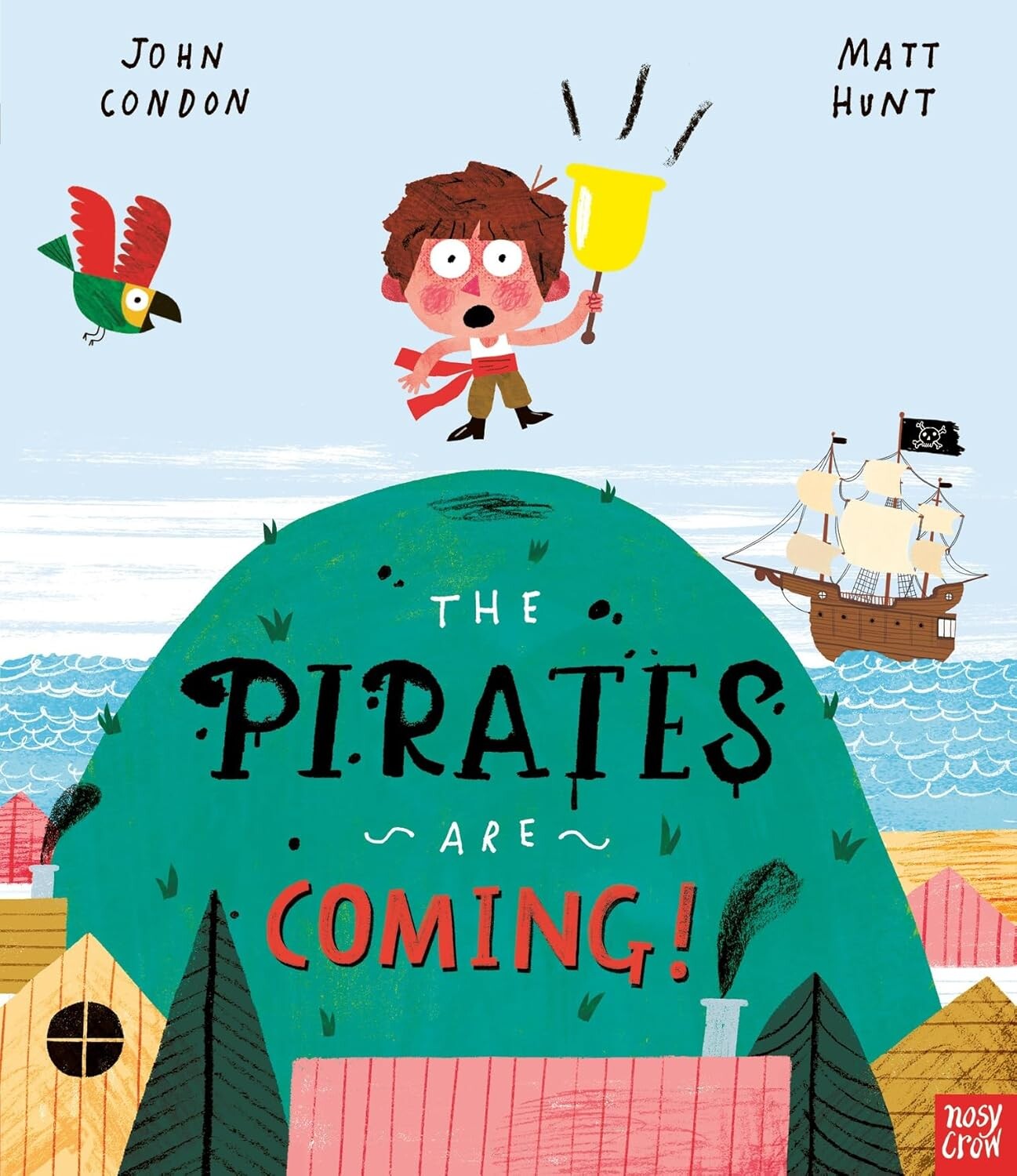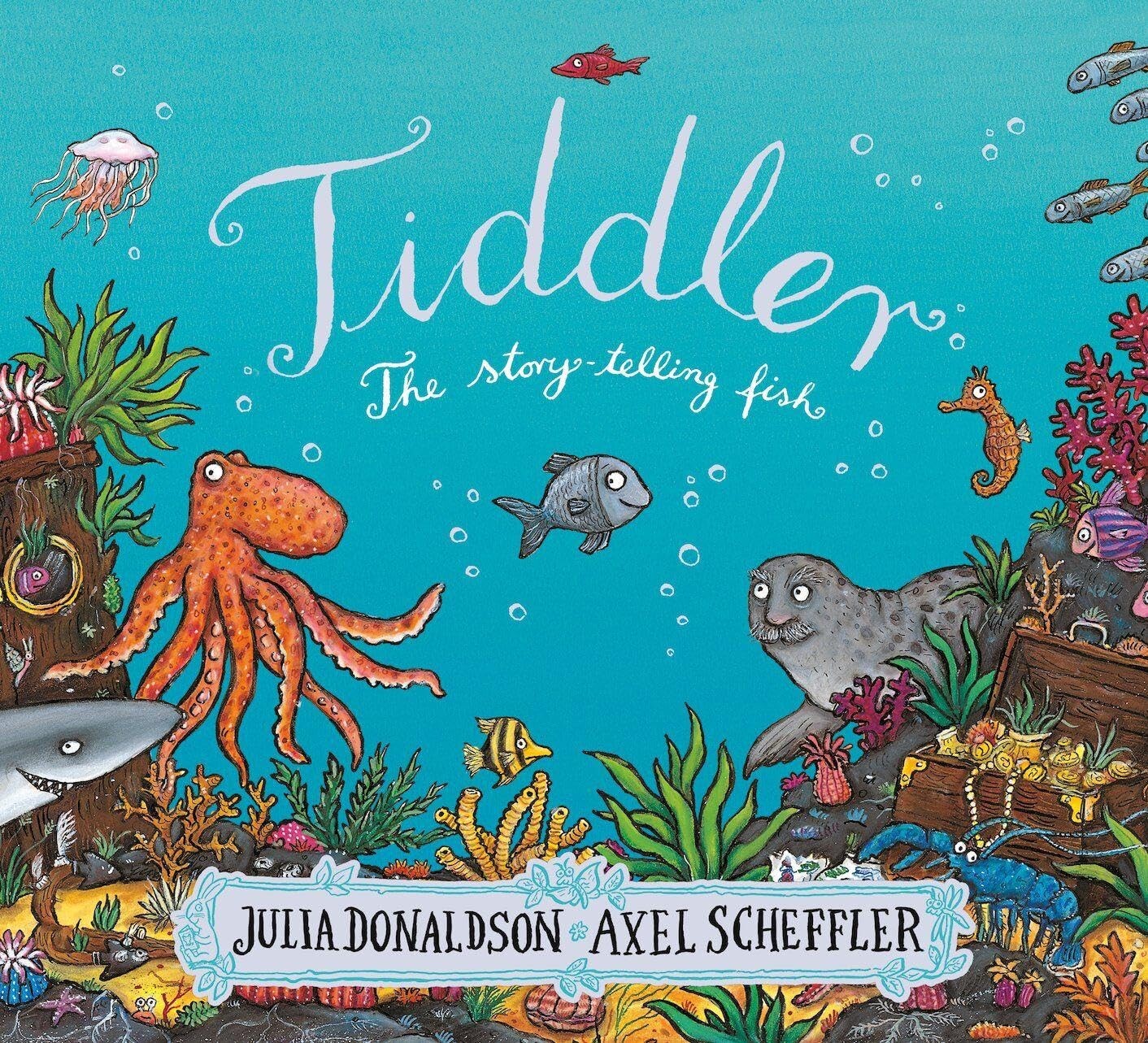FS1
Welcome to FS1
Step into FS1 and you will find a calm, happy space full of curiosity, play and discovery. Our youngest children explore the world through stories, songs, sensory play and outdoor adventures. Each day is filled with joy, comfort and the chance to try something new, surrounded by caring adults who help them feel safe and confident.
How Children Learn in FS1
Children learn best when they feel secure, listened to and excited to explore. In FS1 we nurture the Characteristics of Effective Learning such as having a go, keeping on trying and making connections between ideas.
Play is at the heart of everything we do. Through play, children develop language, build friendships and make sense of the world around them. Gentle guidance and warm conversations extend their talk, their curiosity and their independence.
Everything we do in FS1 is shaped by Development Matters, which helps us understand typical stages of development, and the Early Learning Goals, which show where children are heading by the end of FS2.
Growing and Learning in FS1
- Talking and Listening – Stories, rhymes, and role play help children become confident speakers and listeners. They begin to use longer sentences, ask questions and share their ideas more clearly, building the foundations for Communication and Language.
- Strong Bodies and Busy Hands – Running, climbing, painting and playdough build strong, healthy bodies. Daily Dough Disco and Squiggle routines strengthen little hands for early writing. Children also practise independence in dressing, moving with coordination and developing fine motor control.
- Me and My Relationships – Children learn to play with others, take turns, share and talk about their feelings. They begin to show pride in their achievements and grow in confidence when facing new situations. These skills lead towards self-regulation, independence and positive friendships.
- Early Readers and Writers – Story times, mark making and noticing print spark early reading and writing behaviours. Children join in with favourite books, begin to recognise their name and make marks that carry meaning, important early steps on the journey to reading and writing success.
- Discovering Numbers and Patterns – Through play, children count, compare amounts and explore shape and pattern. They start to recognise numbers, use words like bigger and smaller, and solve simple problems, preparing them for more structured maths learning later on.
- Exploring Our World – Walks, celebrations and hands-on exploration help children notice people, places and nature. They begin to talk about their family, observe seasonal changes and ask questions about how things work, sparking curiosity for science, history and geography.
- Imagination and Creativity – Painting, dancing, singing and role play let creativity flourish. Children develop their own ideas, experiment with colour and materials, and act out stories, laying the foundations for expressive and creative learning.
Our Year of Adventures
Across the year we follow themes that connect to children’s lives and the seasons:
- Autumn – Me and My Community and Once Upon a Time
- Spring – Starry Night and Ready Steady Grow
- Summer – Animal Safari and On the Beach
Each topic is brought to life with high quality texts, poems, songs and hands-on experiences that children remember long after they leave FS1.
Stories and Songs We Share
Stories are treasured in FS1. Much-loved favourites include Owl Babies, Dear Zoo, The Very Hungry Caterpillar, Peace at Last and The Tiger Who Came to Tea. Children enjoy returning to the same books so they can retell them and grow in confidence.
Songs and rhymes fill our days with energy and comfort. Favourites such as Twinkle Twinkle, Old MacDonald and If You’re Happy and You Know It bring rhythm and joy to the classroom while helping children develop memory, language and a lifelong love of words.
Celebrations and Events
Over the year we celebrate Harvest, Bonfire Night, Diwali, Remembrance, Christmas, New Year, Chinese New Year, Shrove Tuesday, Mother’s Day, Easter, Father’s Day, Sports Day and transition events. These moments give children a sense of belonging, pride and connection to their wider world.
Daily Life in FS1
A typical FS1 day includes:
- A warm and welcoming start
- Story and singing time
- Play indoors and outdoors in continuous provision
- Small group activities
- Snack and chat time
- Calm endings with stories and rhyme
The environment is filled with sensory play, construction, role play, creative spaces, book corners and outdoor adventures. Physical play is part of every day, supported by Dough Disco, Squiggle and simple activities such as movement games and ball skills.
Noticing and Supporting Progress
We watch carefully as children play, noticing their language, movements, friendships and ideas. These observations guide what comes next. Development Matters shows us typical steps, while the Early Learning Goals give us the bigger picture of where children are heading.
Toileting and Independence
We know starting nursery is a big step, and part of this is learning independence in self-care. In FS1 we:
- Encourage children to use the toilet with gentle support if needed
- Help children wash and dry their hands independently
- Support children with accidents discreetly and kindly
- Celebrate small steps towards independence, such as putting on their own coat or shoes
Parents can help at home by giving children chances to practise toileting, washing hands, dressing and undressing. These everyday routines build confidence and prepare children for life in school.
Toilet Training Support for Parents
Toilet training can feel like a big step, but you don’t have to do it alone. Here are two trusted places for advice and practical tips:
ERIC (The Children’s Bowel & Bladder Charity) – Clear, step-by-step guidance, printable charts, and extra advice for children with additional needs.
NHS – Simple, reliable advice on spotting signs of readiness and helping your child move from nappies to the toilet at their own pace.
Settling In and Comfort
Starting FS1 is a big step, and while it can be exciting, it may also feel a little overwhelming at times. We take great care to help children settle happily by building familiar routines, offering a warm welcome each day, and creating cosy spaces where they can rest or have quiet time if they need it.
Strong relationships are at the heart of settling in. Each child has adults who know them well, listen to their feelings and respond with kindness and reassurance.
We work closely with families, sharing updates and celebrating small successes together. Whether it is waving goodbye with confidence, joining in a song for the first time, or making a new friend, we treasure each milestone as children grow in independence and joy.
How Parents Can Help
- Keep goodbyes short and positive to build confidence.
- Talk about school at home in happy, simple ways.
- Share a story about friends or play a favourite rhyme together.
- Stick to familiar routines, such as morning goodbyes, so children know what to expect.
Snack and Lunchtime
Snack time is an important part of our FS1 day. Children enjoy a healthy snack together, learning to share, chat and use good manners around the table. We encourage independence by helping children pour their own drinks, peel fruit and tidy up after themselves.
Healthy eating is an important life skill. By offering fruit, milk and water each day, we help children to develop positive habits and understand the importance of looking after their bodies. Snack time is also a valuable moment for talk, where children learn new words and practise conversations with their friends.
We ask families to support this by providing healthy lunchboxes, with special treats saved for home. This helps children build positive attitudes to food and understand that healthy choices give them energy for playing and learning.
Working with Families
Children flourish when school and families work together. Parents are invited to Stay and Play sessions, workshops and celebrations, and we welcome photos and notes from home. Even ten minutes a day of sharing a story, rhyme or simple counting game at home makes a big difference.
Together we create a gentle and confident start to school life, where children feel valued, supported and ready to shine.

